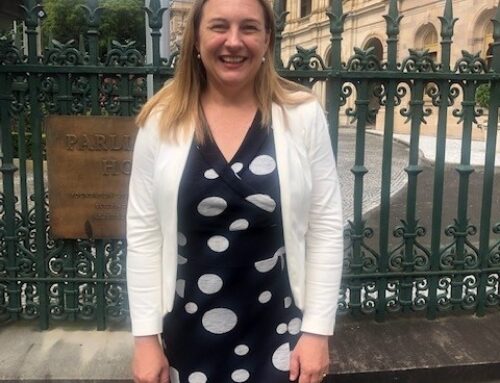Contrary to popular belief, the overwhelming number of compensation recipients take the management of their payout very seriously.
Anecdotally, I believe it is because they have seen and heard the way in which the damages are calculated – by reference to future medical expenses and future loss of income. Our clients are usually very concerned to make sure they pay off their mortgage or invest the funds so money is available in the future when it is needed.
I was interested to hear a podcast recently on the ABC’s Big Ideas program. Claudia Hammond, a psychologist, was speaking about the psychology of money.

She pointed out some of our irrational responses to money including:-
1. We are more excited when we win $20 one week and $50 the next than if we were to win $70 in one go;
2. The public was more appalled to see rock stars in the 1990s burn $1,000,000 in cash (some kind of performance art) than they were by rock stars who spent $1,000,000 on drugs;
3. In one study, people were prepared to bid twice as much if they could use a credit card rather than cash.
The study that I found the most interesting in light of the work we do was that there are higher rates of saving in countries which have a stronger language surrounding the future. She gave the example of German (which my husband speaks) as a language which speaks about the future with the same degree of force as the present. I am curious as to whether it is the same in Mandarin given that the people of China are some of the biggest savers in the world.
It seems that most of the issues that we have with money are based on our understanding of the future. If we believe that we will be earning more money in the future, that we will be better organised or better savers then we are now – we will “buy now – pay later”. Claudia Hammond’s studies show that most of us believe that we will be better able to pay our debts in the future despite the fact that we will not be unless we change our behaviour.
Perhaps the litigation process allows people better insight into the potential for expense and pitfalls in the future.


![Medical Records and Claims for Personal Injuries – Maher v Russell [2022] ACTSC 297](https://karelawyers.com.au/wp-content/uploads/2023/02/files.jpg)



